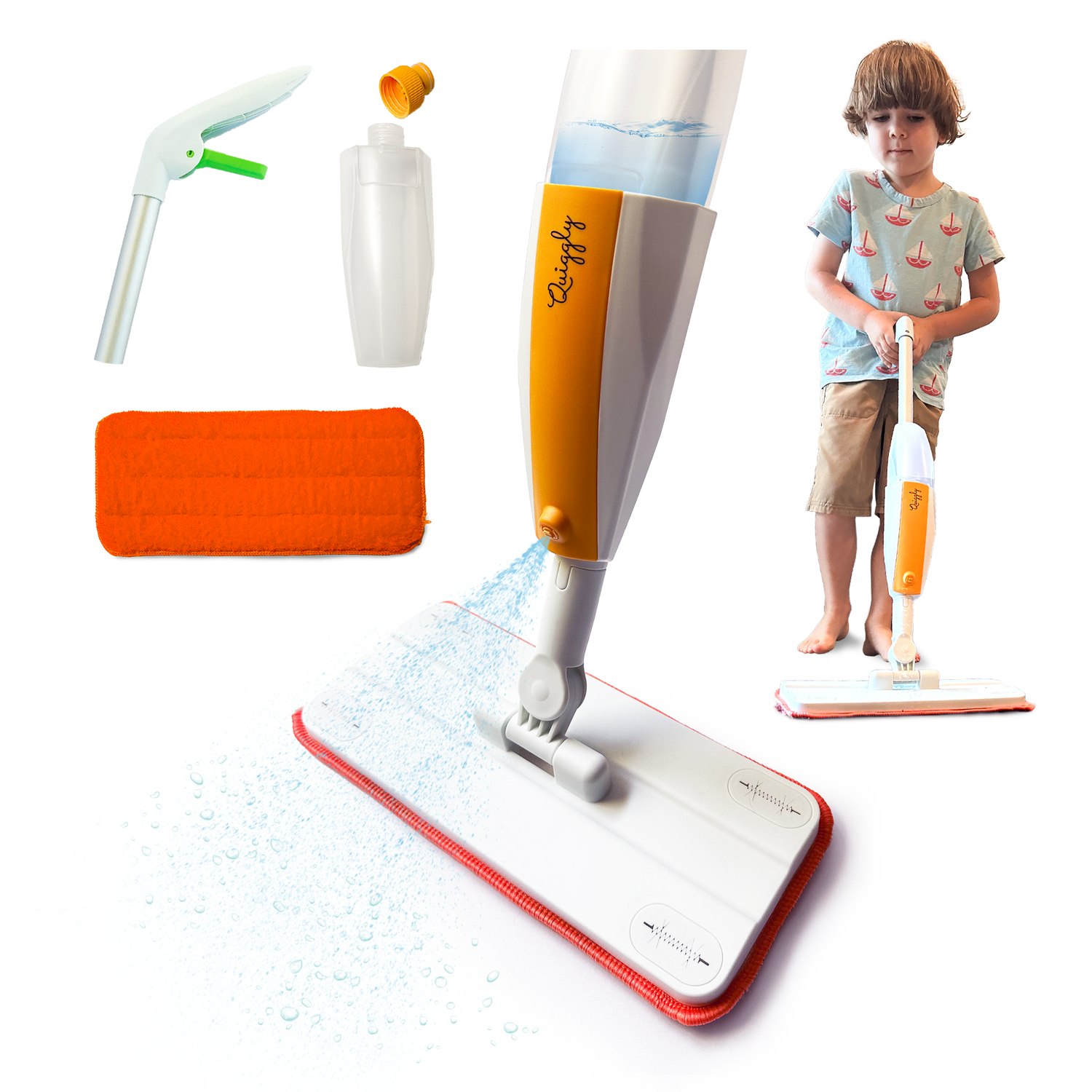
Montessori Toys and Independent Play for Toddlers
Montessori education is known for encouraging independence in young children. This approach builds an environment that supports self-directed learning and exploration. Such a setup inspires toddlers to develop their skills through natural play. They learn to make choices and engage in tasks that intrigue them.
The use of Montessori toys plays a big role in this learning style. These toys are designed to be simple yet effective, allowing toddlers to discover and solve problems at their own pace. Wooden blocks, puzzles, and other open-ended toys offer children the freedom to play in their unique ways. Through these activities, toddlers gain confidence and independence, contributing to their growth and development.
By understanding how Montessori toys contribute to independent play, parents can create a nurturing learning space at home. This not only benefits the child but also enhances their ability to focus and think critically. Let's explore the essentials of choosing Montessori toys that meet these needs and aid in developing a toddler's independence.
Understanding Montessori Principles and Independent Play
Montessori education is based on a few core principles that emphasize the child's ability to learn independently. One of these principles is the idea that children are naturally curious and capable when they're given the freedom to explore. This approach encourages self-directed learning, where toddlers choose activities that interest them, leading to a deeper engagement and better understanding of what they're learning.
A significant part of Montessori principles involves creating a prepared environment. This is a space tailored to the child's needs, filled with tools and activities that promote exploration. In these environments, children learn to be independent as they interact with their surroundings without constant adult direction. By choosing their tasks and solving problems on their own, they develop confidence and a sense of ownership over their learning.
The Montessori method also supports independence by encouraging concentration and focus through carefully designed materials just right for the child's development stage. These materials often have built-in lessons, allowing toddlers to learn at their own pace, make mistakes safely, and try again without fear of failure. By focusing on the child's intrinsic motivation to learn, Montessori encourages kids to become curious, motivated, and independent thinkers.
Selecting the Right Montessori Toys for Toddlers
When choosing Montessori toys, several features should be considered to ensure they effectively support a child's learning and independence. Firstly, simplicity is key. Toys should be straightforward enough for toddlers to use without adult help, enabling them to figure things out on their own. This simplicity helps children focus more on the task rather than getting overwhelmed by complexity.
Another important feature is open-endedness. Toys that allow multiple ways of play encourage creativity and problem-solving. They give toddlers the chance to explore different outcomes and develop their imagination. Natural materials like wood are commonly preferred in Montessori toys because they are durable, safe, and provide a sensory experience that plastic cannot offer.
Quiggly's catalog has great examples of Montessori-inspired toys. The Wooden Rainbow Building Blocks Set is excellent for enhancing creativity and STEM learning. Kids use the blocks to build and balance structures, exploring math and engineering concepts in a fun way. Similarly, the Magnetic Alphabet Maze helps toddlers recognize letters and colors while developing hand-eye coordination and problem-solving skills.
These toys facilitate independent exploration by providing children with opportunities to engage deeply with the task at hand, test their ideas, and learn from the outcomes. By playing with such well-designed toys, toddlers not only develop essential skills but also grow more confident and self-reliant.
The Role of Sensory Exploration in Fostering Independence
Sensory exploration is a crucial part of a toddler's development. Engaging their senses helps them understand the world better. Toys that focus on sensory experiences allow toddlers to build independence by encouraging active participation in learning through touch, sight, and sound.
Quiggly offers sensory toys that are perfect for fostering independent cognitive growth. The Rainbow Soft Fabric Block Set is a great example. These blocks, designed with various textures like crinkles, rattles, and bells, keep toddlers engaged while stacking, sorting, or shaking them. It not only introduces colors but also textures, enhancing sensory understanding.
Similarly, the Soft Fabric Tissue Box Toy encourages infants to pull out fabric "tissues," each offering different textures and sounds. This simple activity greatly supports their fine motor skills and builds a sense of accomplishment as they explore new sensations.
Sensory play encourages toddlers to interact with their environment more confidently, promoting cognitive development. By providing toys with diverse textures and sounds, you can create a rich learning landscape, paving the way for more independent thinking in toddlers.
Encouraging Focus and Concentration Through Play
Fostering focus and concentration in toddlers is vital for their development. Creating a play environment that reduces distractions can significantly enhance a child's ability to concentrate and engage deeply with their activities. Here are a few strategies to create such an environment:
- Declutter the Play Space: Keeping the environment tidy helps toddlers focus on the task at hand. Too many toys can be overwhelming, so it's helpful to rotate toys periodically.
- Limit Screen Time: Encourage activities that promote physical interaction rather than passive screen time. This helps in developing longer attention spans.
- Regular Play Schedules: Setting fixed playtimes helps children get into a routine, boosting their concentration over time.
Toys like the Quiggly Maze Craze are perfect for encouraging focus. Offering over 100 mazes that range from simple to complex, this activity book engages children's problem-solving abilities. As kids navigate through these mazes, they develop patience, learn to manage challenges, and concentrate on completing tasks.
Uninterrupted playtime is essential. It allows toddlers to dive deep into their activities, understand concepts better, and strengthen their concentration skills for future learning experiences.
Conclusion
Incorporating Montessori principles into your child's play and learning environment can have a profound impact on their growth. By choosing the right toys and strategies, you help foster their independence, focus, sensory exploration, and creativity. Montessori toys from Quiggly provide excellent opportunities for children to explore, learn, and grow on their own terms. These toys, thoughtfully designed to engage and educate, support your child's developmental journey in various, meaningful ways.
Explore the range of engaging Montessori-inspired toys and tools at Quiggly. Whether you're looking to enhance your toddler's focus, support sensory development, or encourage playful independence, our thoughtfully designed products are here to help. Visit us and let your child explore a world where learning and play come together beautifully.

